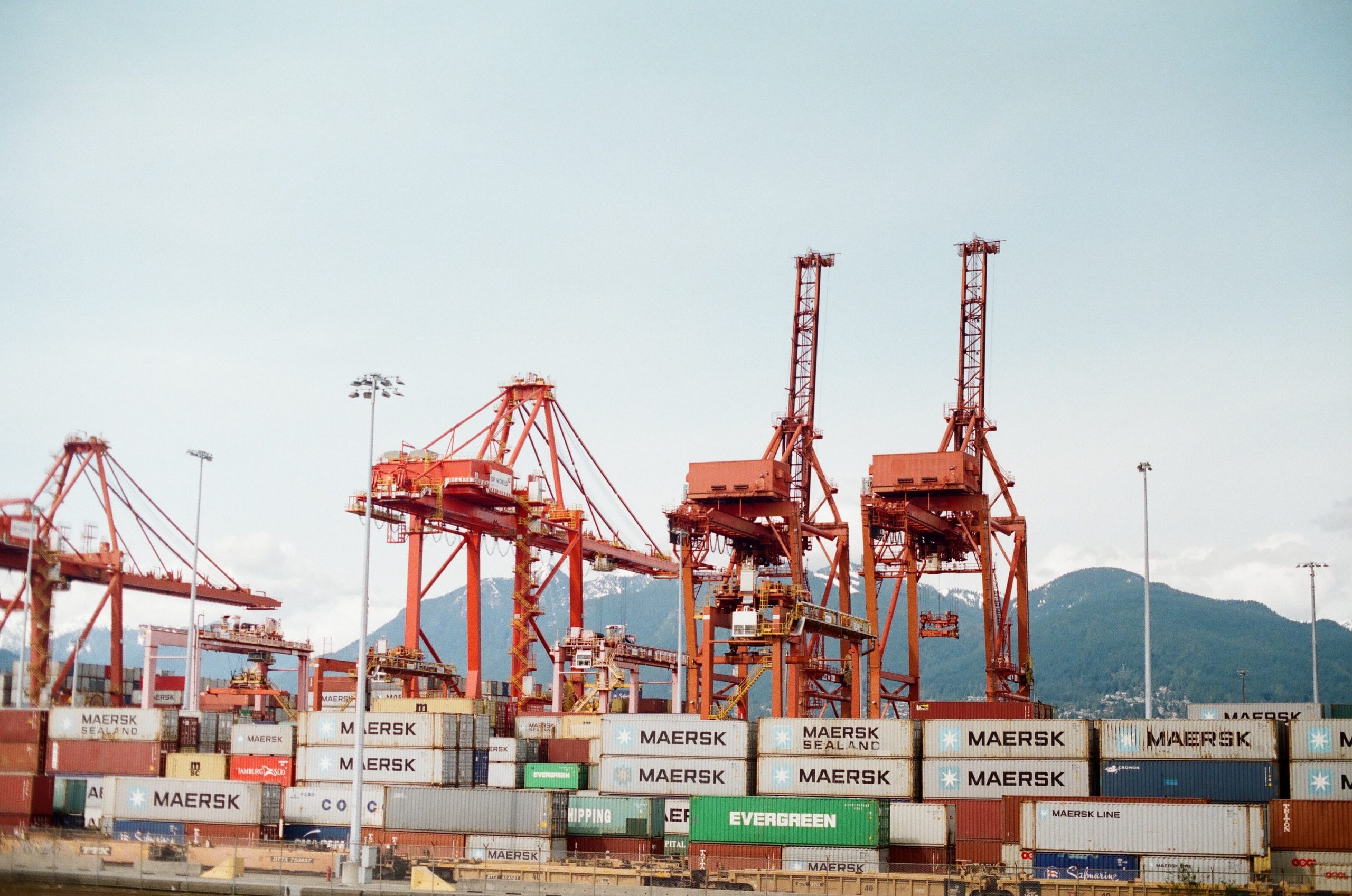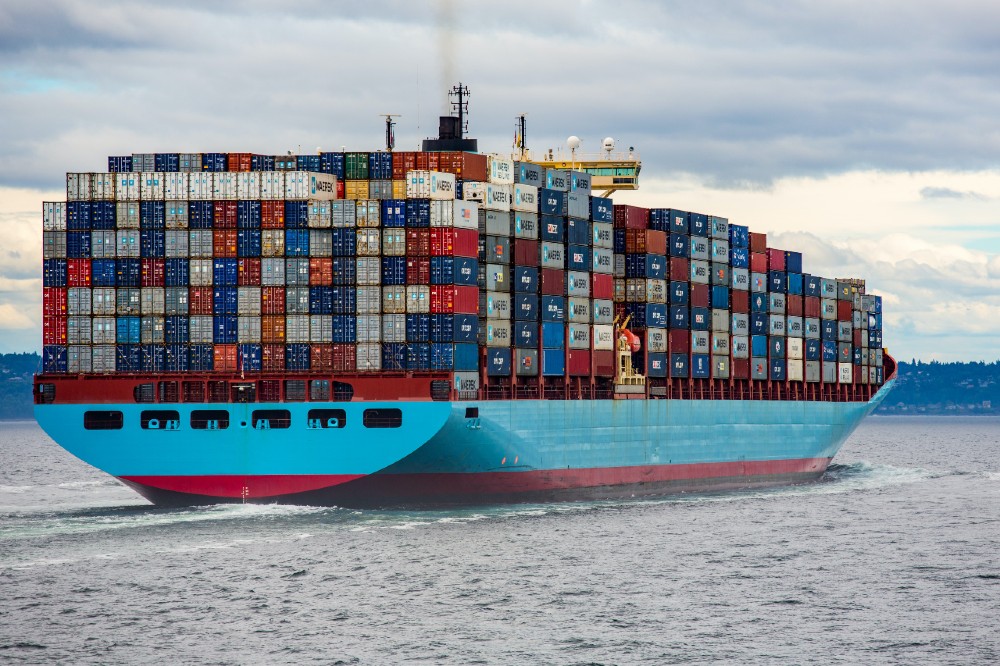THERE has been an urgent call for a new veterinary agreement as restrictions have cause a sharp drop in British exports to the EU and threatens the viability of UK business.
Food and feed trade associations, hauliers, farmers, and veterinary and environmental health professional organisations have joined together to propose in a new report an urgent new veterinary agreement.
They have streamlined processes to resolve “crippling restrictions” to exports to the EU, Britain’s largest trading partner.

Roger Gale MP, who sits on the cross-party UK Trade and Business Commission, said: “This important report highlights the systemic challenges facing food exporters and the need for urgent solutions.
“This will all help inform the cross-party recommendations we are developing on how current barriers to trade with the EU can be addressed.”
The cross-party UK Trade and Business Commission will be examining this issue in detail at its evidence session today on a potential EU-UK veterinary agreement, which will hear from leading industry representatives including the British Veterinary Association, British Poultry Council, Chartered Institute of Environmental Health, and the National Farmers Union.
For the last five months British exporters have faced often insurmountable difficulties with post-Brexit red tape and disruption at the UK-EU border.

These include international sanitary and phytosanitary (SPS) controls which significantly add to bureaucracy, cost, and time.
The SPS Certification Working Group, a cross-industry, veterinary, and environmental health group, in its new report Minimising SPS Friction in EU Trade calls on the Government to help resolve the severe impact on trade through a new approach.
They plan on improving current systems to remove archaic bureaucracy, reducing time, error, and costs, and reviewing requirements for inspection and certification.
As Nick Allen of the British Meat Processors Association explains: “The rigid but inconsistent enforcement of ‘third country’ trading rules is eroding the profitability and potential viability of exporting products of animal origin to the EU and NI – even though the differences between the food standards are virtually non-existent.”

If traders are to survive and thrive under the UK’s established Trade and Cooperation Agreement (TCA) with the EU, new ways of managing the system must be developed to secure the sustainability of businesses going forward.
Especially since the situation is likely to get much worse next year when full import controls take effect.
The report, Minimising SPS Friction in EU Trade, calls on the Government to engage with the EU to build a system that works for exporters rather than against them.
Without Government support in investing in sufficient resources and systems, a detrimental effect on the sustainability of British businesses can be expected.
